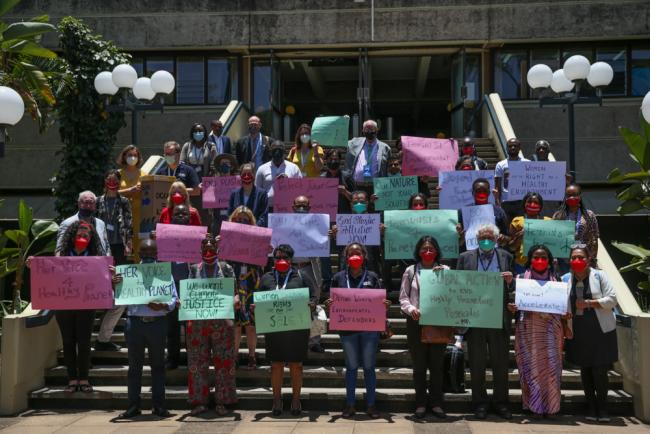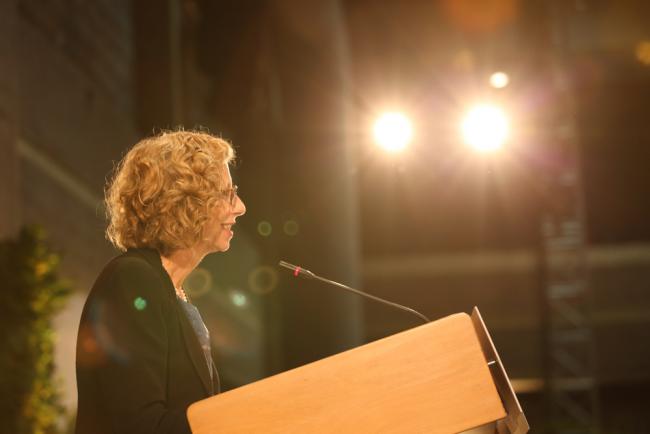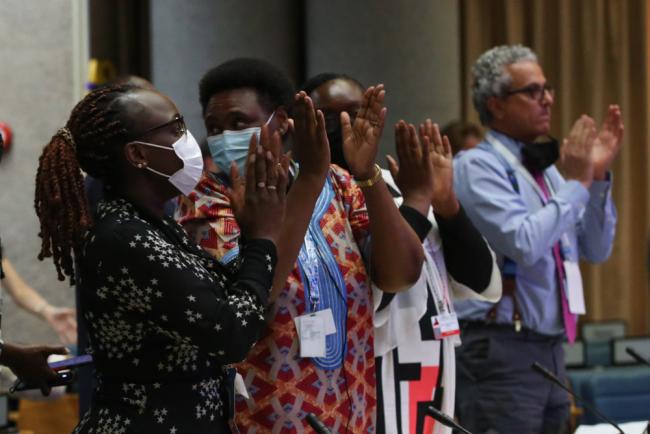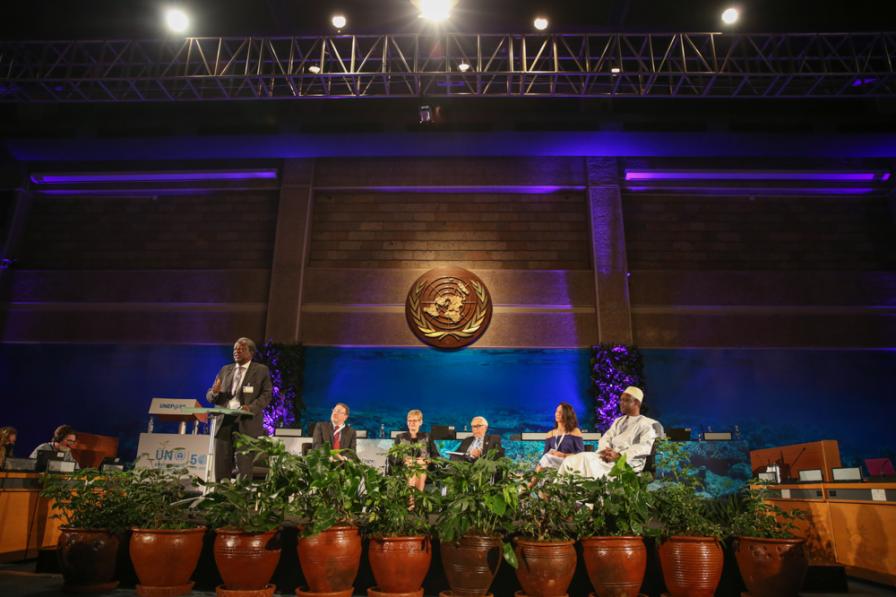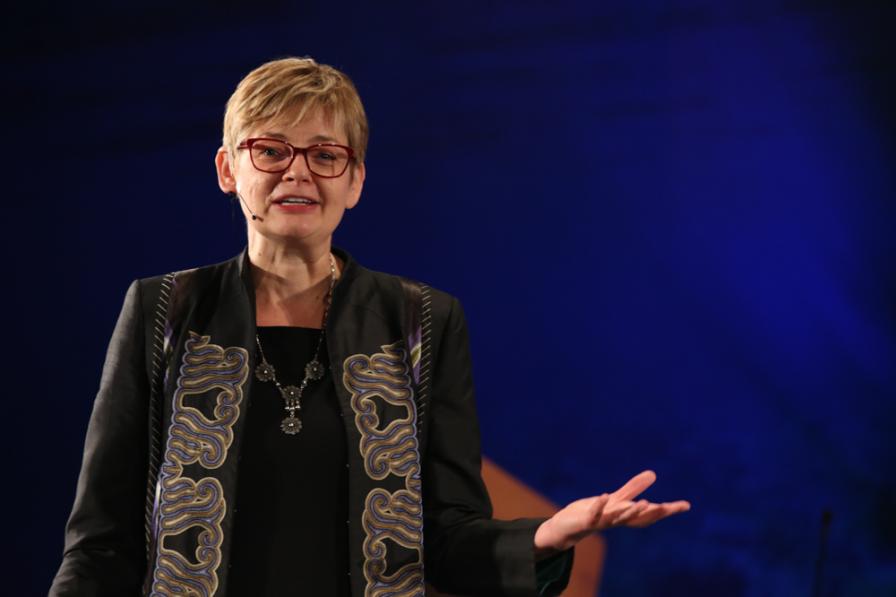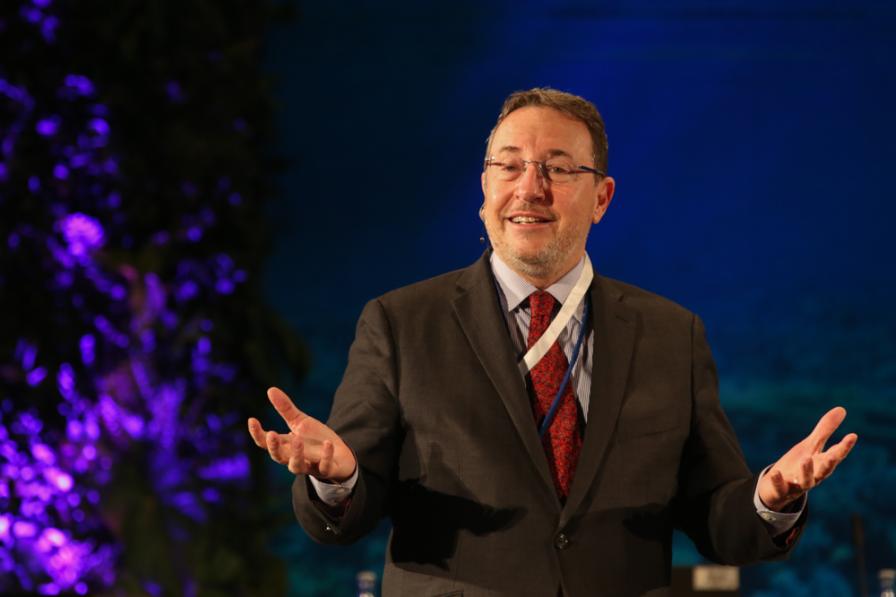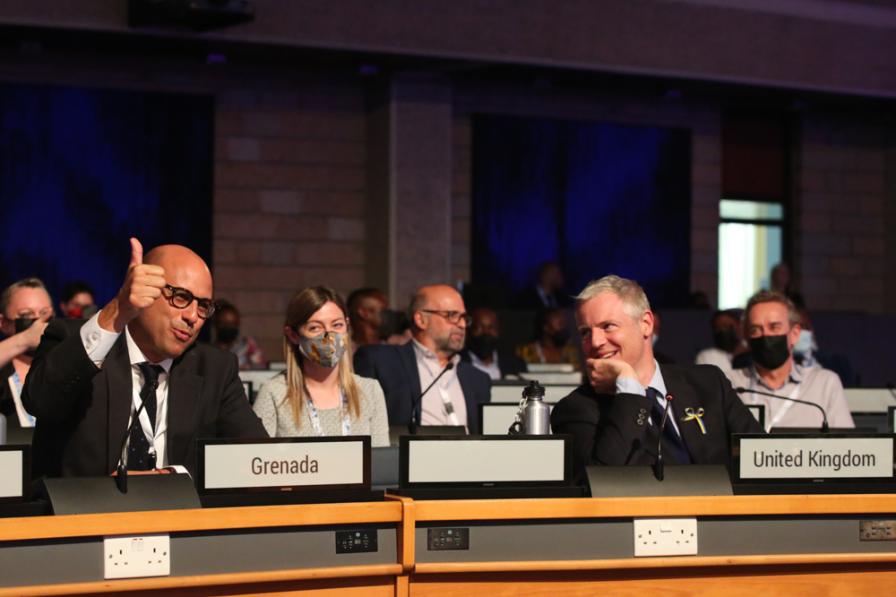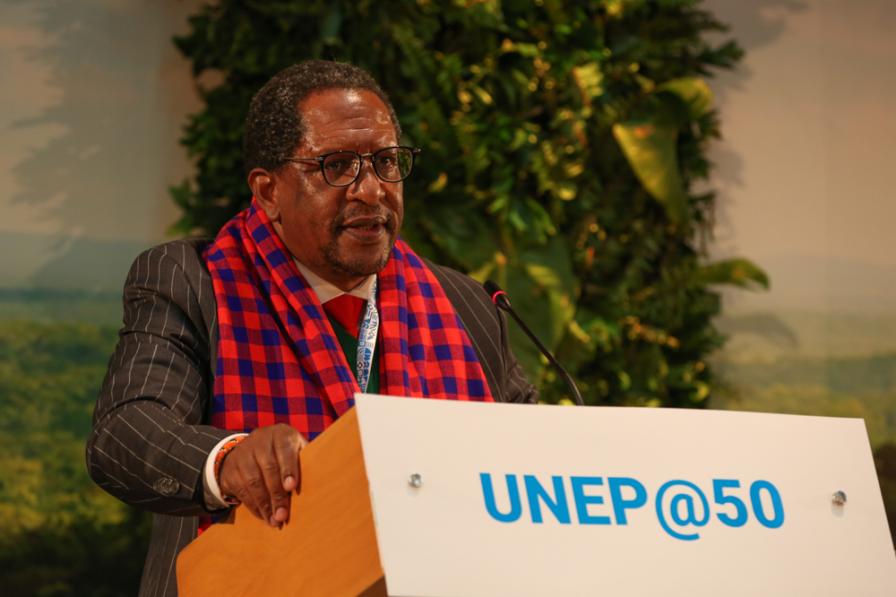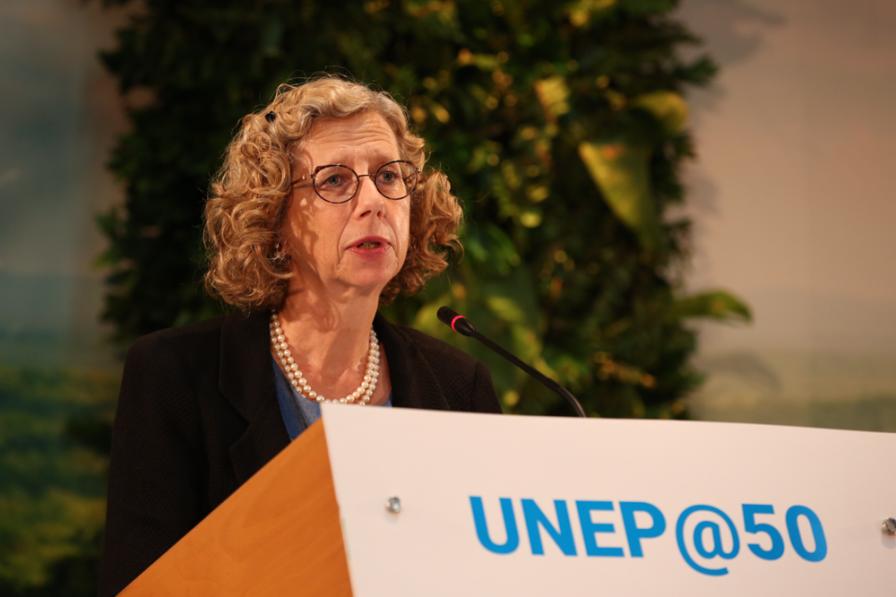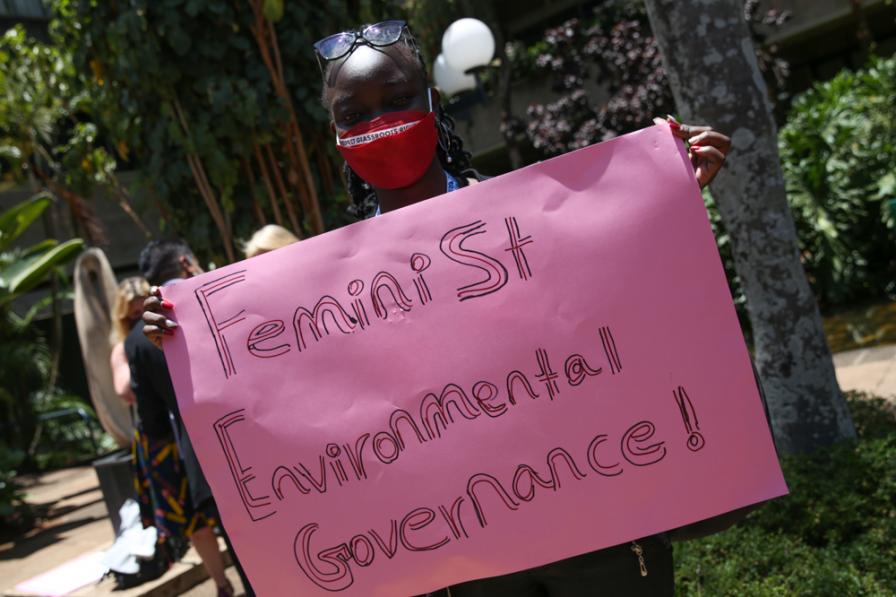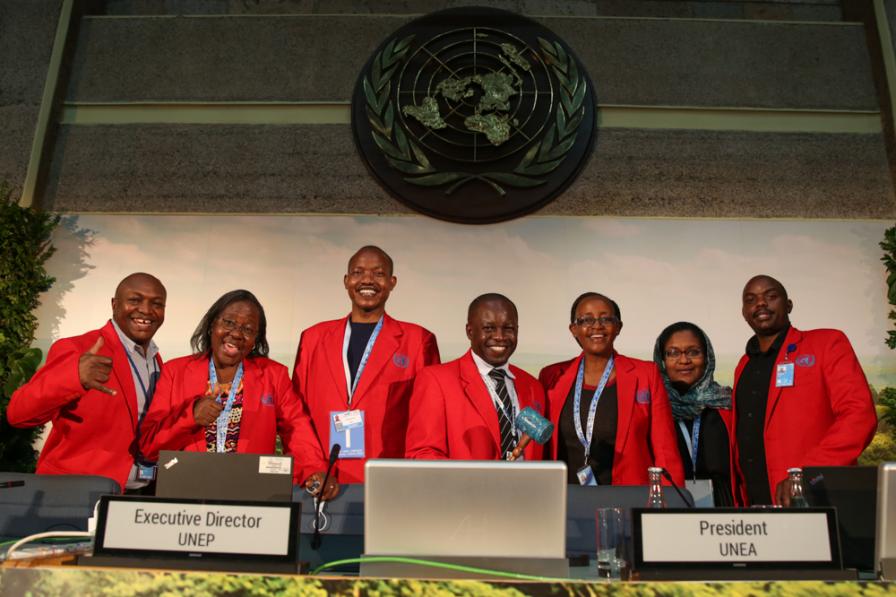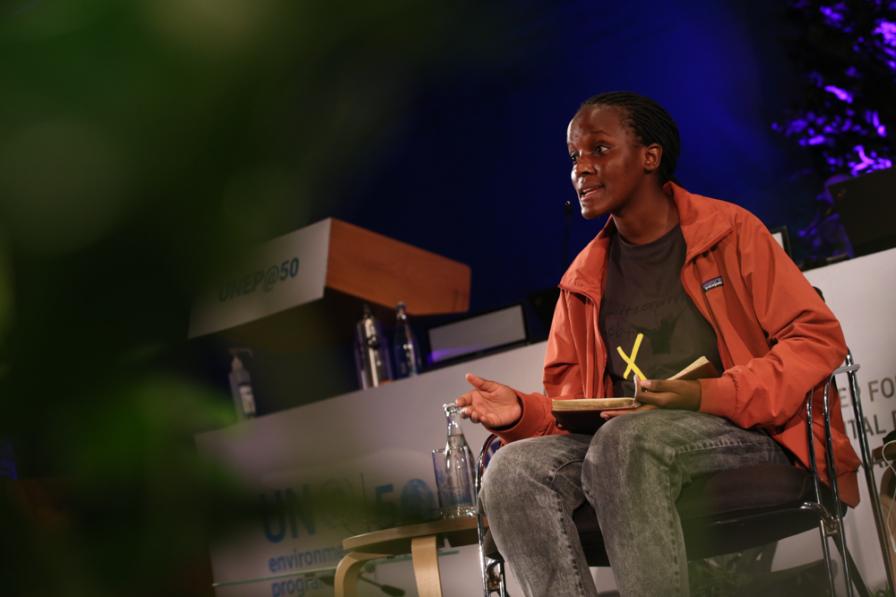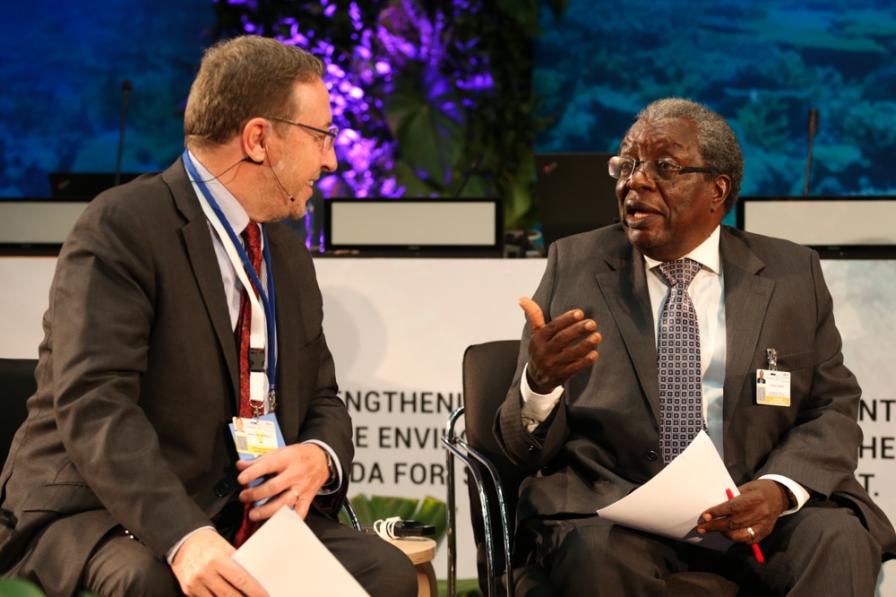The official celebrations of the UN Environment Programme’s (UNEP) 50th birthday drew to a close on Friday, 4 March 2022. Delegates met in two high-level dialogues and in a multi-stakeholder dialogue, before convening in a closing plenary.
The Earth Negotiations Bulletin summary and analysis of the meeting is available online in HTML and PDF format.
In the leadership dialogue on “Looking back: 50 years of UNEP,” Achim Steiner, Administrator, UN Development Programme, said that if UNEP had not been established in Nairobi, the global environmental agenda would not have evolved the way it has. He opined that in a world full of conflict and failures, the environment is one of the few agendas that can actually bring everyone together even at the worst possible time.
Christina Voigt, University of Oslo and Chair, International Union for Conservation of Nature (IUCN) World Commission on Environmental Law, reflected on UNEP’s role in raising awareness on environmental challenges, by convening a space to engage leaders to collaborate to address environmental problems.
Zakri Abdul-Hamid, Co-Chair, Secretariat, Global Science and Innovation Advisory Council, Malaysia, recalling his early career negotiating experience, noted that even in those days UNEP had recognized the role of science in providing evidence, but that the voice of science has often been “muted” in politically charged negotiations.
In the dialogue on “Looking forward: Achieving the 2030 Agenda for Sustainable Development for people and planet,” Vanessa Nakate, climate justice activist and founder, Africa-based Rise Up Movement, underscored that UNEP needs to offer youth activists an opportunity for direct dialogue with leaders to ensure accountability in environmental action. Izabella Teixeira, Co-Chair of International Resource Panel, Former Minister of Environment of Brazil, emphasized the need to address the science-policy interface and intergenerational rights. Linda Zeilina, Founder and CEO, International Sustainable Finance Centre, noted that in some cases the private sector can offer long-term thinking as it is not bound by the electoral cycle, and called for addressing both the “business class mentality” where interactions may be limited and staged, and the stratification of privilege and socioeconomic background.
In the final plenary, delegates heard brief summaries from the high-level and multi-stakeholder dialogues, and adopted the provisional meeting report.
During closing statements, several delegations staged a walk-out in protest against Russia's invasion of nuclear sites in Ukraine, prompted by the Russian Federation taking the floor on the issue.
Keriako Tobiko, Cabinet Secretary for the Environment and Forestry, Kenya, lauded delegates for the progress made at the meeting, stressing it was the most successful UNEA in history and will be celebrated in years to come.
Inger Andersen, Executive Director, UNEP, noted that the “future begins today,” and highlighted the important resolutions adopted by UNEA. She stressed that the environment is always a casualty of war, suffering long after the war ends. She stressed that the mistakes of the past must not be the mistakes of the future, calling on delegates to work towards one day living in peace with nature.
Thanking delegates for “bringing nature back into the room,” UNEA-6 President Leila Benali (Morocco) gaveled the meeting to a close at 6:00 pm (EAT).
To receive free coverage of global environmental events delivered to your inbox, subscribe to the ENB Update newsletter.
All ENB photos are free to use with attribution. For UNEA-5.2, OECPR-5.2, and UNEP@50, please use: Photo by IISD/ENB Kiara Worth.
High-Level Leadership Dialogue: Looking Forward

Delegates attend the Leadership Dialogue, discussing how to 'look forward' to achieve the 2030 Agenda

Vanessa Nakate, Rise Up Movement, asks ministers to raise their thumbs if they are willing to provide funding for loss and damage as a result of climate change
Multi-Stakeholder Dialogue
Closing Plenary
Around the Venue

The Earth Negotiations Bulletin (ENB) covering the OECPR-5.2, UNEA-5.2 and UNEP@50: Asheline Appleton, Kenya, Tallash Kantai, Kenya, Annelies van Gaalen, South Africa, and Kiara Worth, South Africa. Our virtual team included Wanja Nyingi, Kenya, Mika Schroder, Sweden, and Asterios Tsioumanis, Greece.

